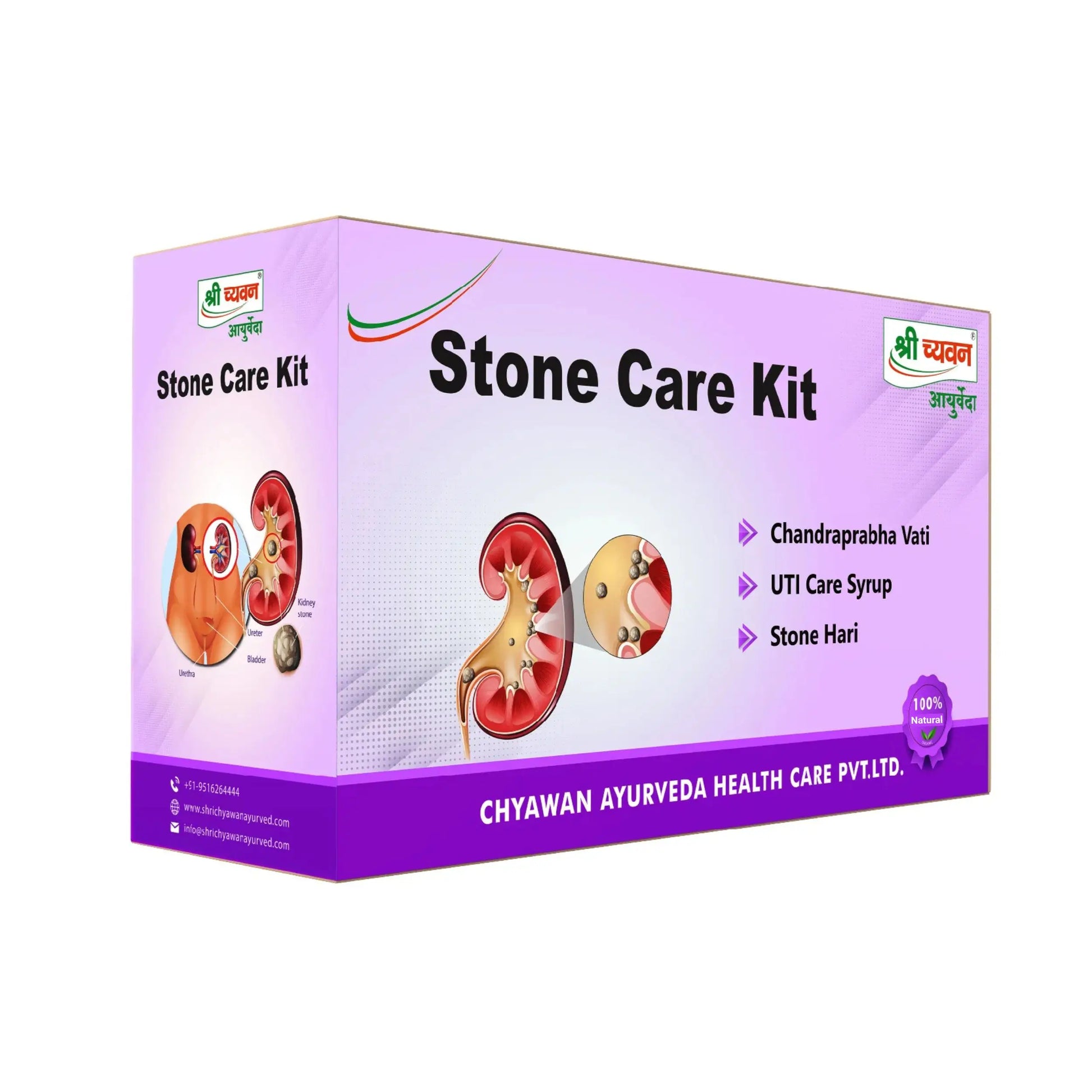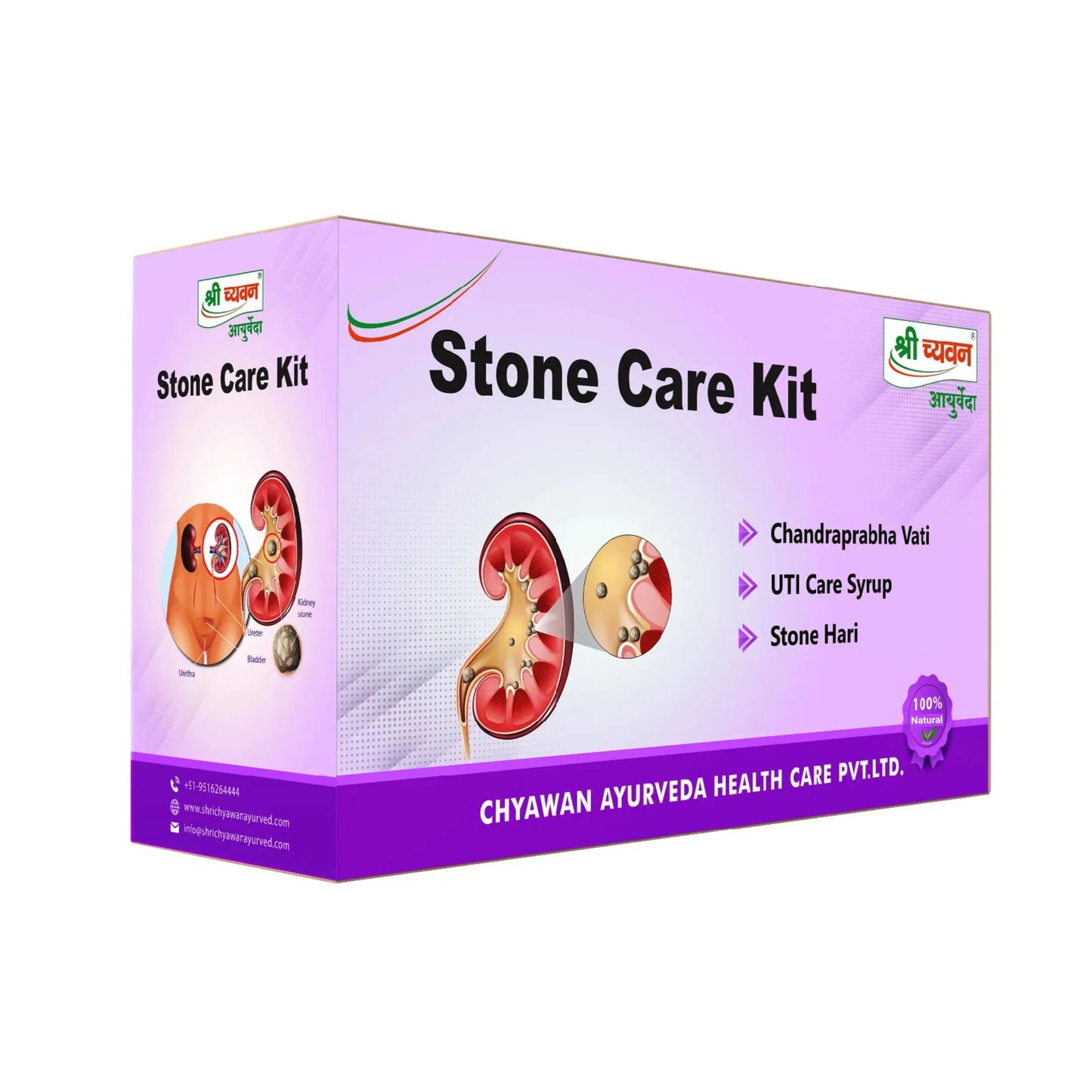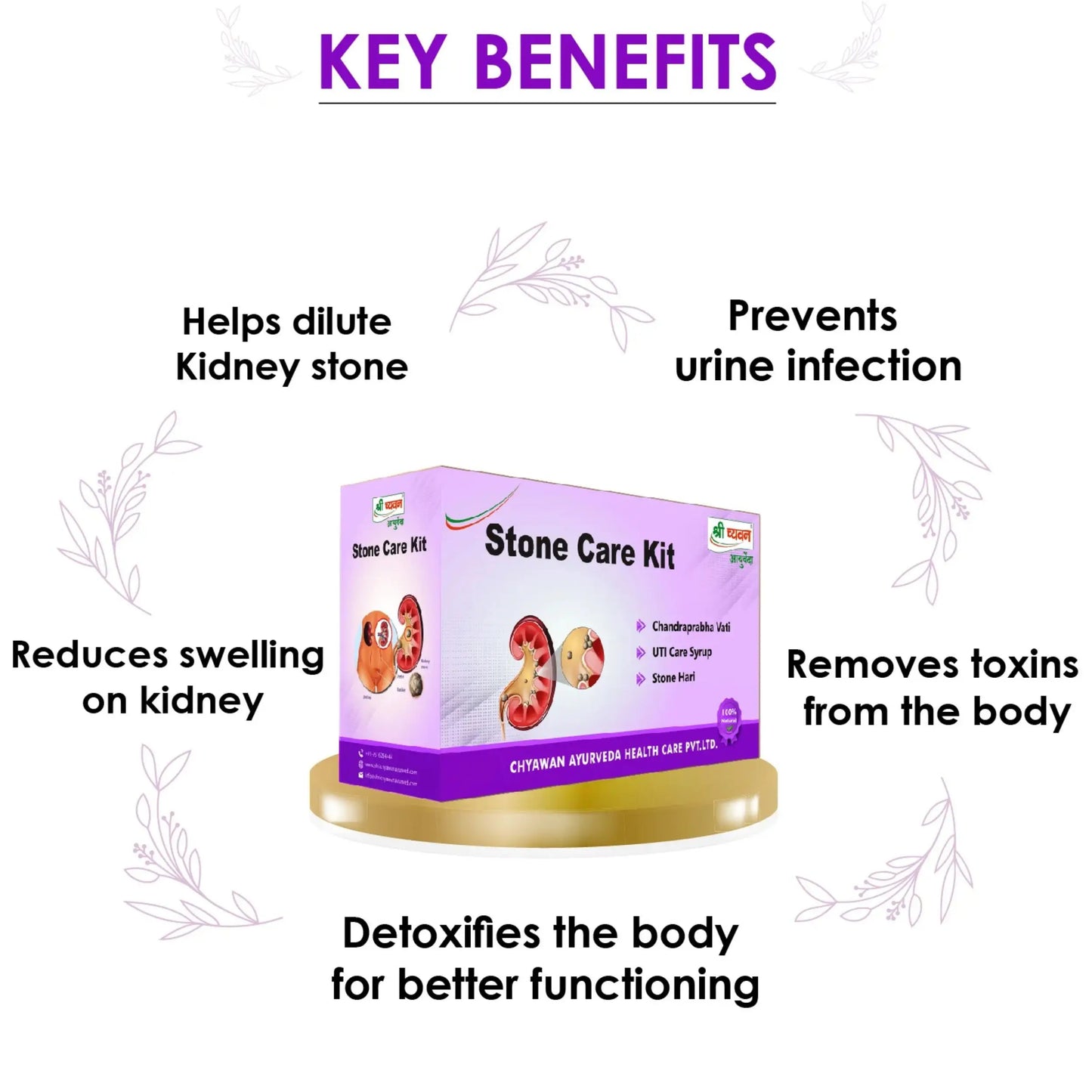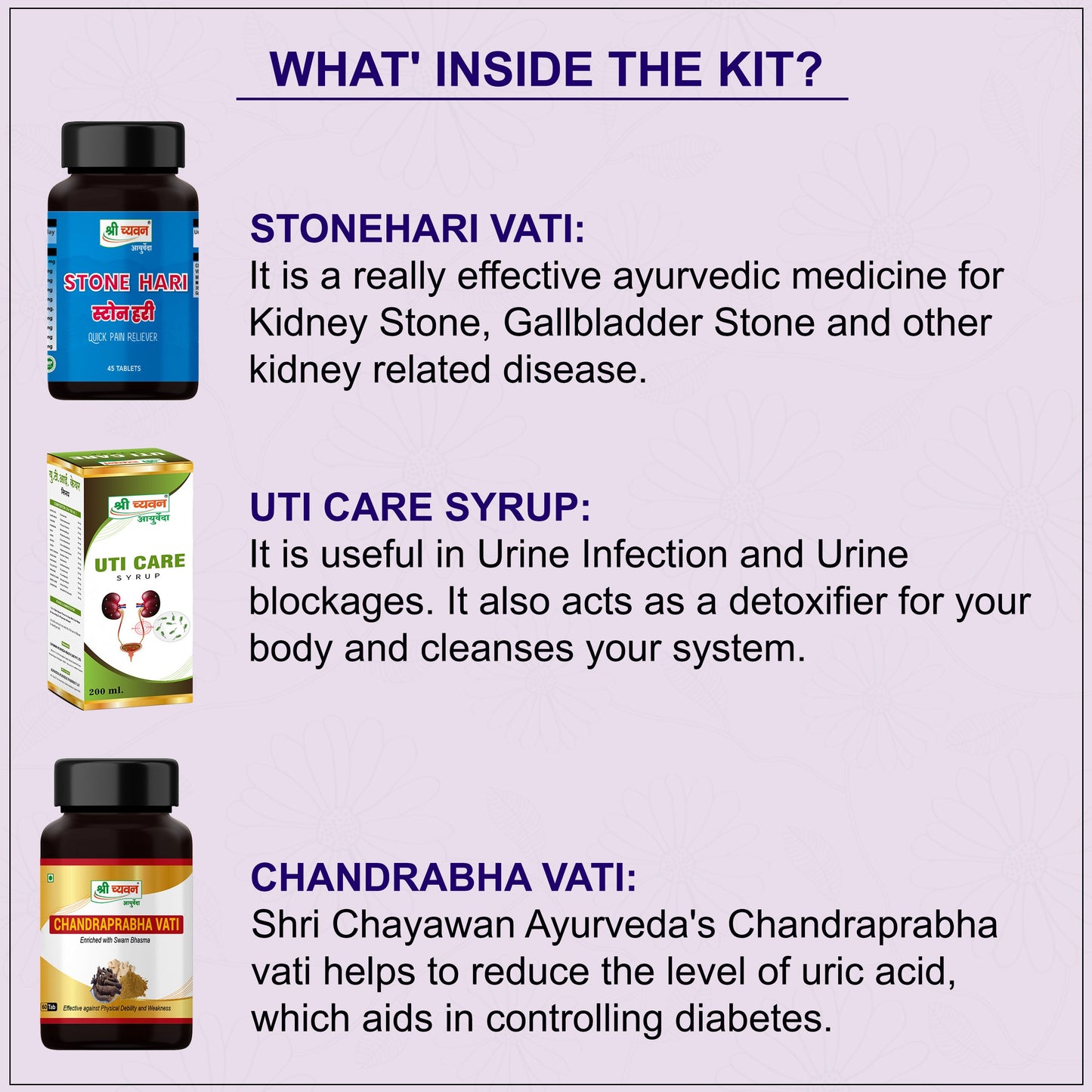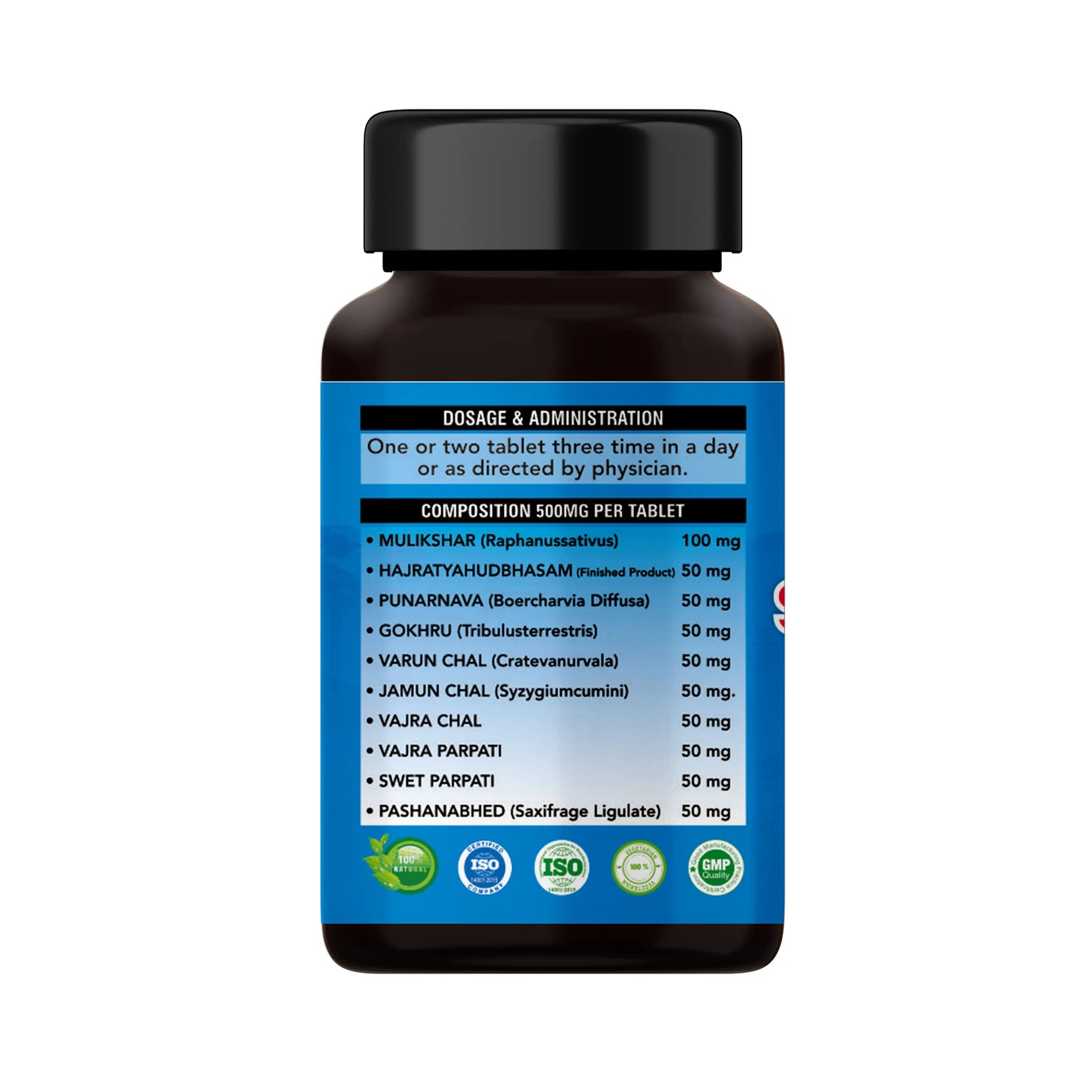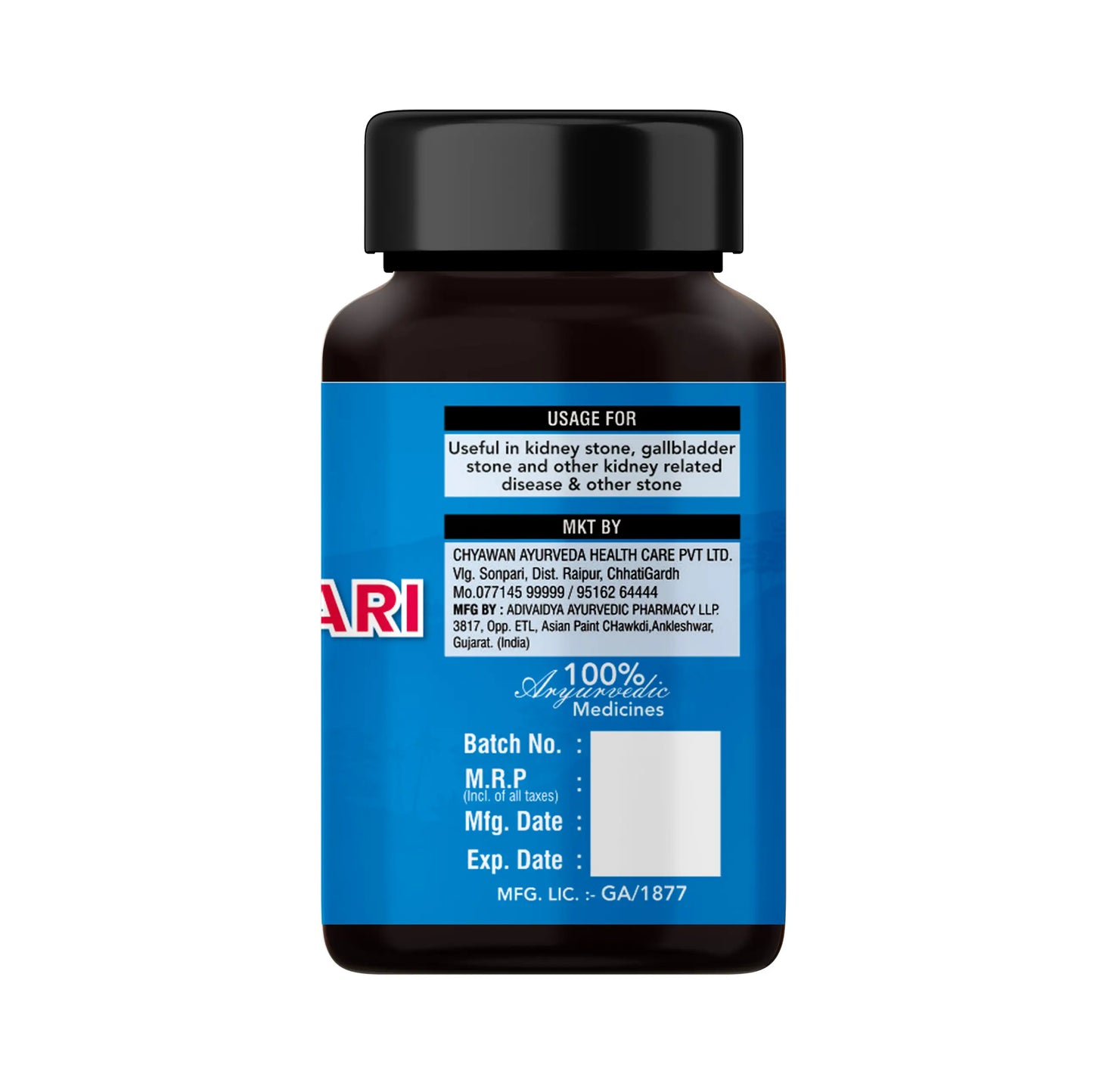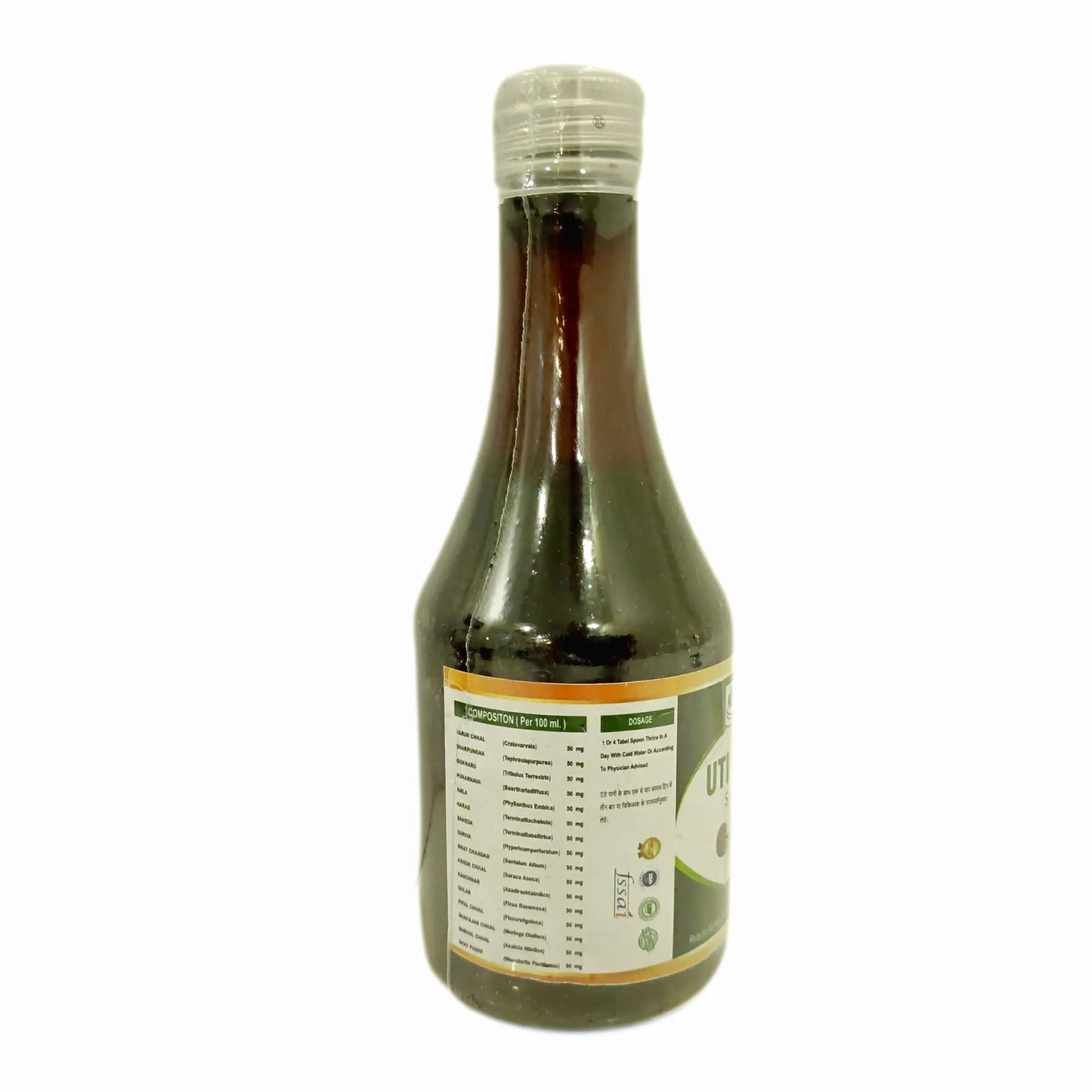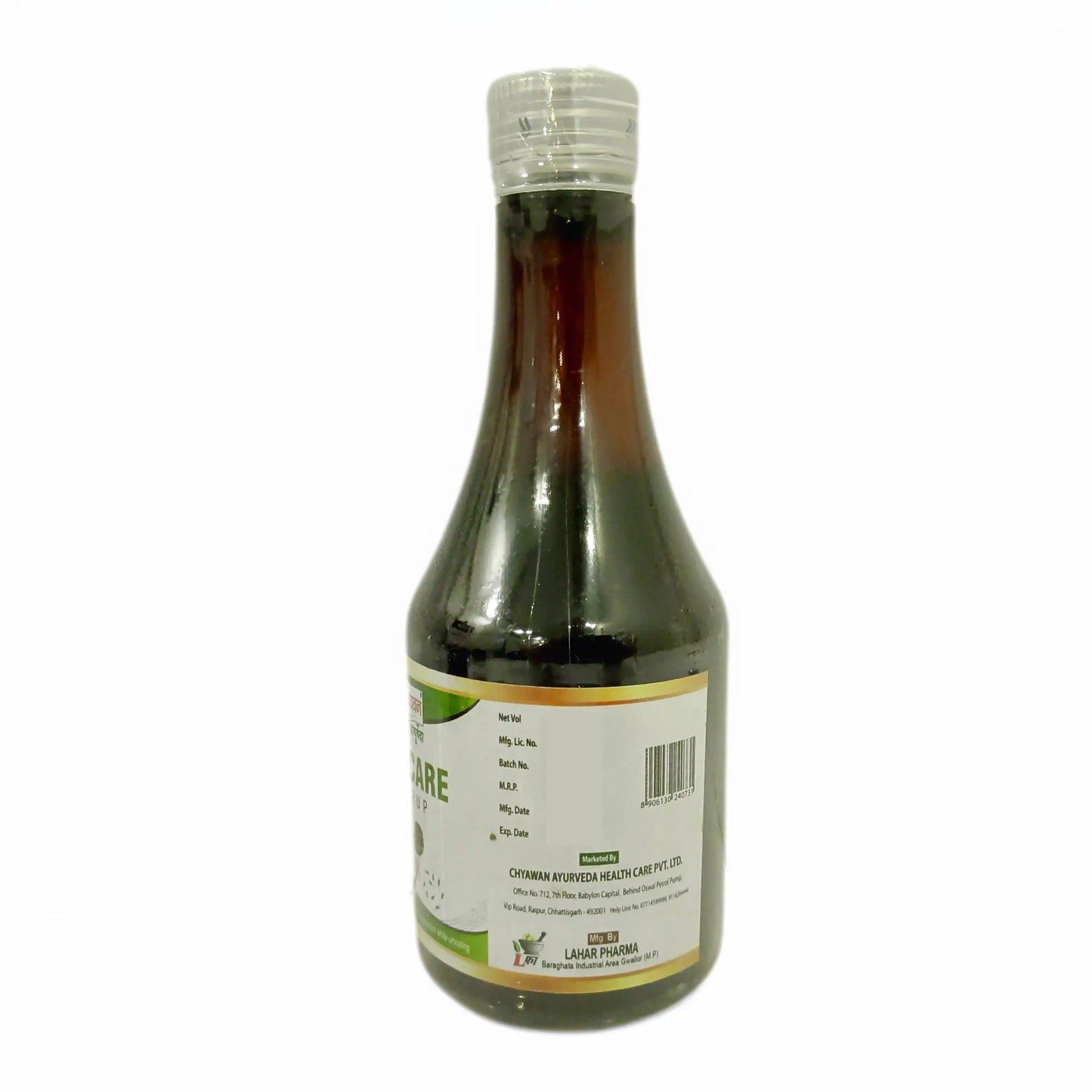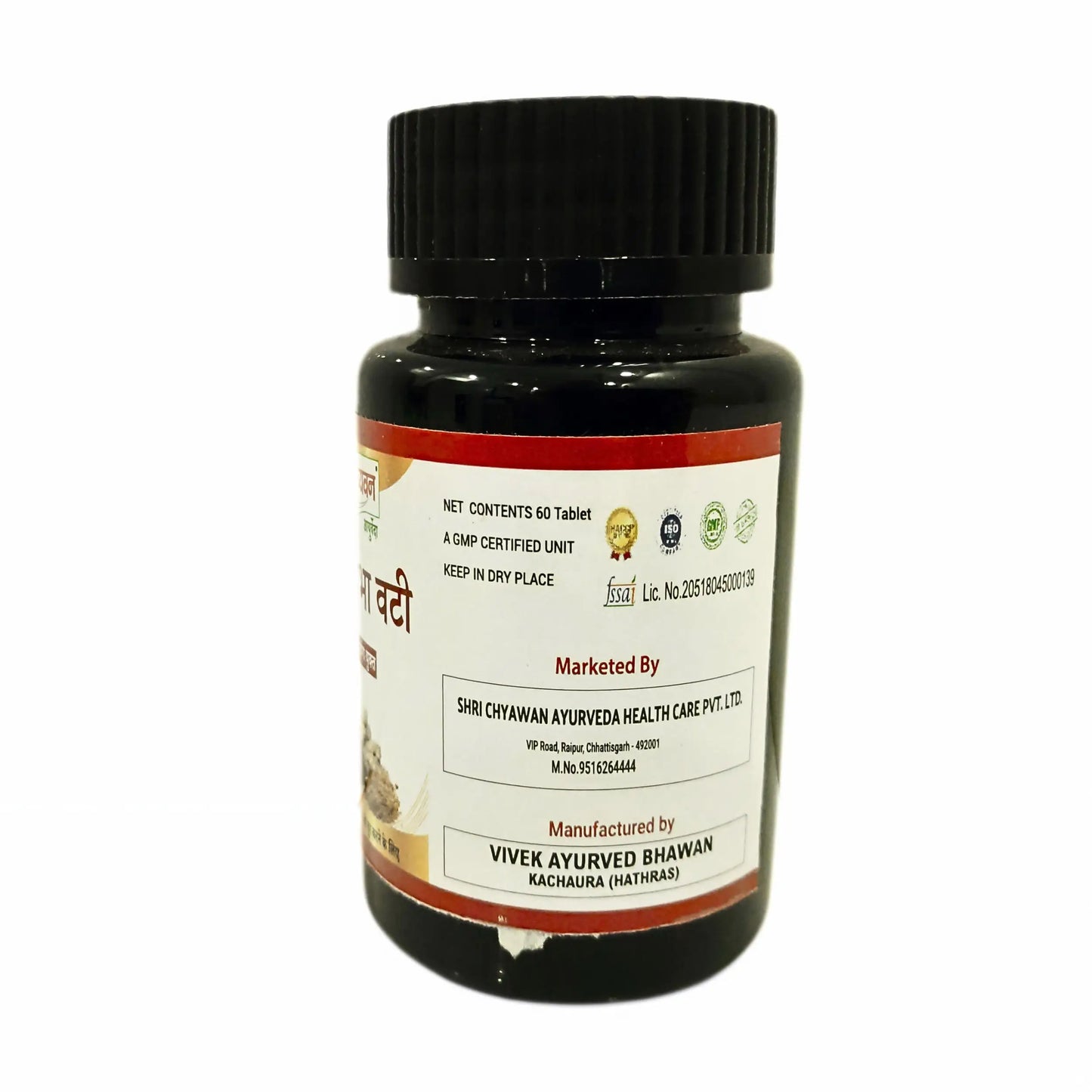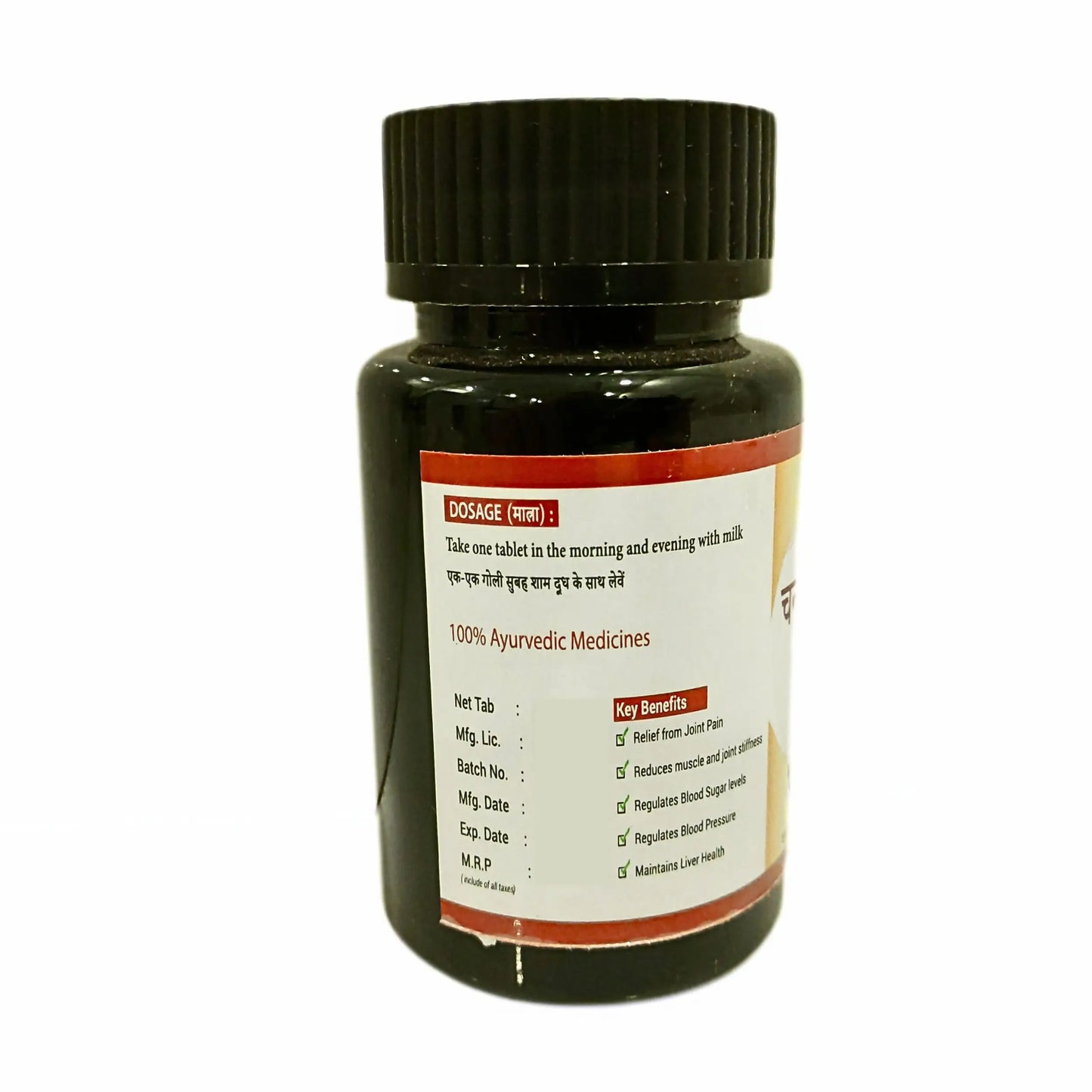Kidney stones are a common urological condition affecting millions of people worldwide. They form when minerals and salts in the urine crystallize and create hard deposits in the kidneys. While many kidney stones pass without causing significant issues, others can pose serious health risks. In this blog, we'll explore the potential dangers of kidney stones, their symptoms, and when to seek medical intervention.
What Are Kidney Stones?
Kidney stones are small, hard mineral deposits that form in the kidneys. They can vary in size from tiny grains to larger masses. The most common types of kidney stones include:
- Calcium Stones: Made primarily of calcium oxalate or calcium phosphate.
- Struvite Stones: Often formed in response to an infection in the urinary tract.
- Uric Acid Stones: Result from high levels of uric acid in the urine.
- Cystine Stones: Formed in people with a genetic disorder called cystinuria.
How Do Kidney Stones Form?
Kidney stones form when urine becomes concentrated, allowing minerals and salts to crystallize. Factors that contribute to stone formation include:
- Dehydration: Insufficient fluid intake can concentrate urine and promote stone formation.
- Diet: High intake of oxalate-rich foods (like spinach and nuts), excessive salt, and protein can increase the risk.
- Medical Conditions: Conditions such as hyperparathyroidism, gout, and certain urinary tract infections can contribute to stone formation.
- Genetics: A family history of kidney stones can increase your risk.
Symptoms of Kidney Stones
Kidney stones can be asymptomatic, meaning they may not cause noticeable symptoms until they move into the ureter. When symptoms do occur, they can include:
- Severe Pain: Often described as intense and sharp, pain can occur in the lower back, sides, or abdomen. It may come and go.
- Painful Urination: Discomfort or pain during urination can be a sign of kidney stones.
- Frequent Urination: An increased urge to urinate, especially if accompanied by pain or discomfort.
- Blood in Urine: Stones can cause bleeding, resulting in pink, red, or brown urine.
- Cloudy or Foul-Smelling Urine: Stones can cause changes in urine color and odor.
- Nausea and Vomiting: Pain from kidney stones can lead to nausea or vomiting.
- Fever and Chills: If a kidney stone causes an infection, you may experience fever and chills.
Are Kidney Stones Dangerous?
While kidney stones themselves are not always dangerous, they can lead to complications if not properly managed:
When to Seek Medical Attention
If you experience symptoms of kidney stones, it is important to seek medical advice, especially if:
- You Have Severe Pain: Intense or worsening pain requires evaluation to determine the cause and appropriate treatment.
- You Notice Blood in Your Urine: Blood in the urine could indicate a more serious issue, such as a large stone or infection.
- You Have Symptoms of Infection: Fever, chills, and nausea could signal a urinary tract infection that requires prompt treatment.
- You Have Difficulty Urinating: If you experience difficulty urinating or a complete inability to urinate, seek medical help immediately.
- Your Pain Persists or Worsens: If your pain does not improve with home treatment or if you have frequent episodes, consult a healthcare professional.
Diagnosis and Treatment Options
Diagnosis of kidney stones typically involves a combination of medical history, physical examination, and imaging tests such as ultrasound or CT scans. Treatment options depend on the size and type of stone, as well as the severity of symptoms:
- Small Stones: Often pass on their own with increased fluid intake and pain management. Over-the-counter pain relievers may help manage discomfort.
- Medications: Certain medications can help dissolve specific types of stones or alleviate pain.
- Extracorporeal Shock Wave Lithotripsy (ESWL): A non-invasive procedure that uses shock waves to break stones into smaller pieces, making them easier to pass.
- Ureteroscopy: A procedure where a thin tube is inserted through the urethra and bladder to remove or break up stones.
- Percutaneous Nephrolithotomy: A surgical procedure for large stones, involving the removal of stones through a small incision in the back.
Prevention of Kidney Stones
Preventing kidney stones involves lifestyle and dietary changes to reduce risk factors:
- Stay Hydrated: Drink plenty of water to keep urine diluted and reduce stone formation.
- Modify Your Diet: Reduce intake of oxalate-rich foods, limit salt and animal protein, and maintain a balanced diet.
- Manage Underlying Conditions: Treat conditions that contribute to stone formation, such as metabolic disorders or infections.
- Consult a Dietitian: For personalized advice on dietary changes that can help prevent stones.
Shri Chyawan Ayurveda's Ayurvedic Solution
Stone Care Kit: Shri Chyawan Ayurveda has effectively formulated ayurvedic medicine for Kidney Stone - Stone Care Kit. Kidney stones are hard deposits of minerals and acid salts that stick together in concentrated urine. They can be painful when passing through the urinary tract, but usually don't cause permanent damage. This is the best product range available for your entire kidney stone ayurvedic treatment.
1. Chandrabha vati: Shri Chyawan Ayurveda's Chandraprabha vati helps to reduce the level of uric acid, which aids in controlling diabetes.
Ingredients: It consists of Amla, Sandalwood, Daruharidra, Devdaru, Camphor, Cinnamon, and Pipal.
How To Use: Consume 1 tablet at night before going to bed.
2. Stonehari Vati: It is a really effective ayurvedic medicine for Kidney Stone, Gallbladder Stone and other kidney related disease. It is the best kidney stone ayurvedic tablet.
Ingredients: This contains ingredients like Mulkshar, Hajratyahudbhasam, Punarnava, Gokhru, Varun Chal, Jamun Chal, Vajra Chal, Vajra parpati, Swet parpati, Pashanabhed.
How to use: One tablet thrice a day or as directed by the physician.
3. Uti Care Syrup: It is useful in Urine Infection and Urine blockages. It also acts as a detoxifier for your body and cleanses your system. It is the most recommended kidney stone ayurvedic syrup.
Ingredients: It consists of mainly Varun Chal, Sharpunkha, Gokharu, Punarnava, Amle, Harde, Baheda, Sariva, Swat Chandan, Ashok Bark, Kanchanar, Gullar Fruit, Pipar Bark, Drumstick Bark, Babbol Bark, Dhatkipuspa.
How to use: Consume1 teaspoon thrice a day with cold water or as directed by the physician.
Conclusion
While kidney stones are often manageable and not life-threatening, they can lead to serious complications if left untreated. Understanding the symptoms, risks, and treatment options can help you manage the condition effectively. If you suspect you have kidney stones or experience severe symptoms, seeking prompt medical attention is crucial for proper diagnosis and treatment. By adopting preventive measures and working with healthcare professionals, you can minimize the risk of future stone formation and maintain overall kidney health.
Free Consultation with our Expert Doctor - 📞📞 95162 64444




